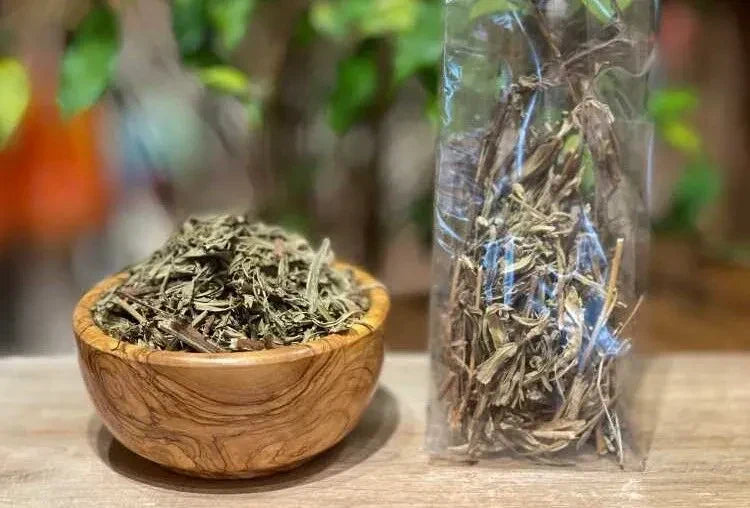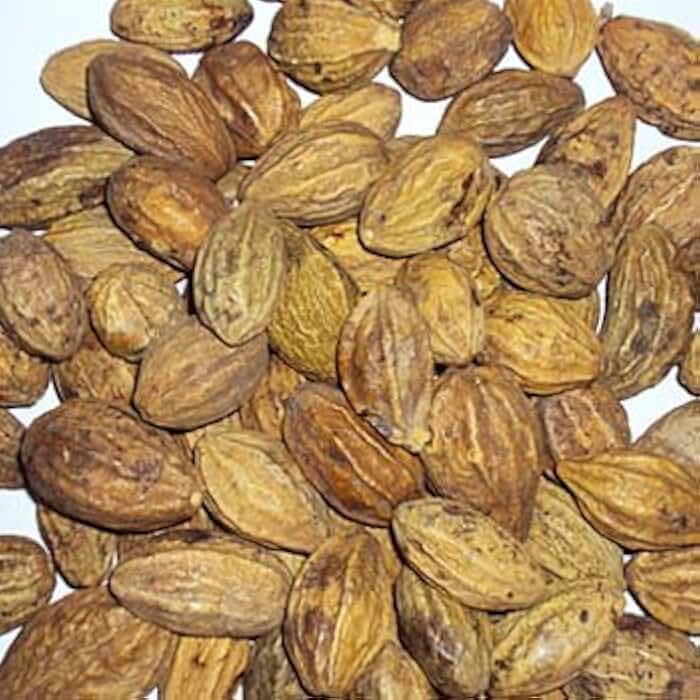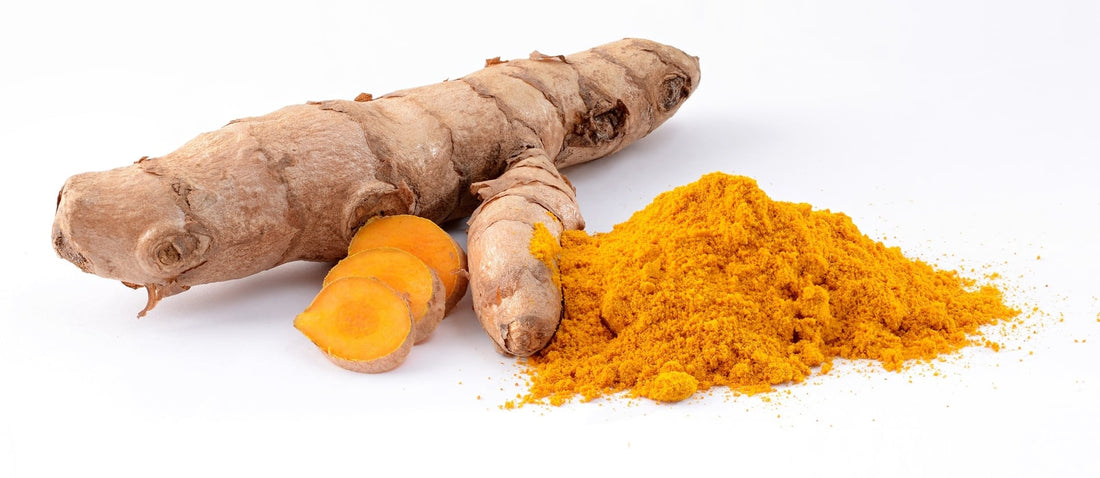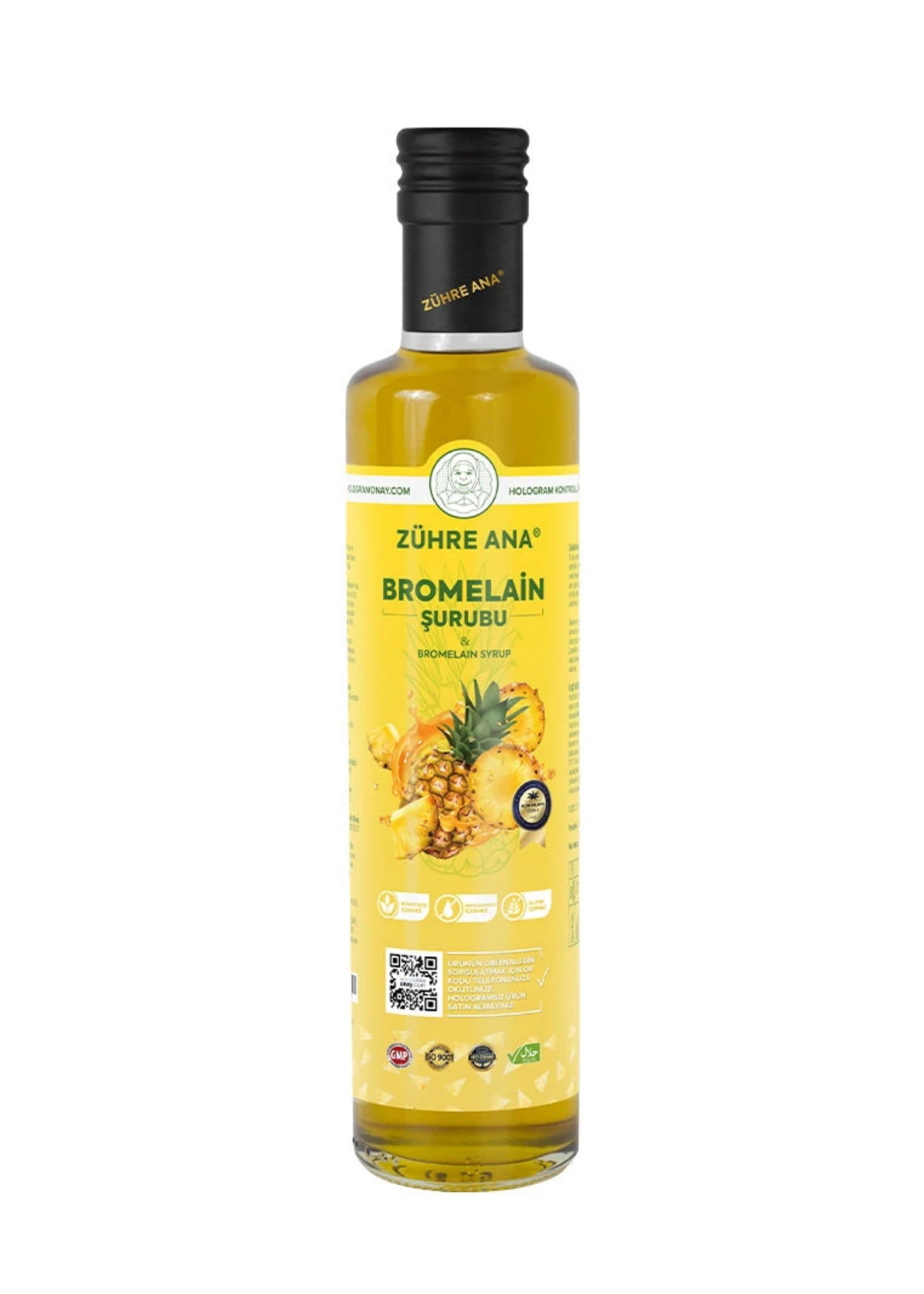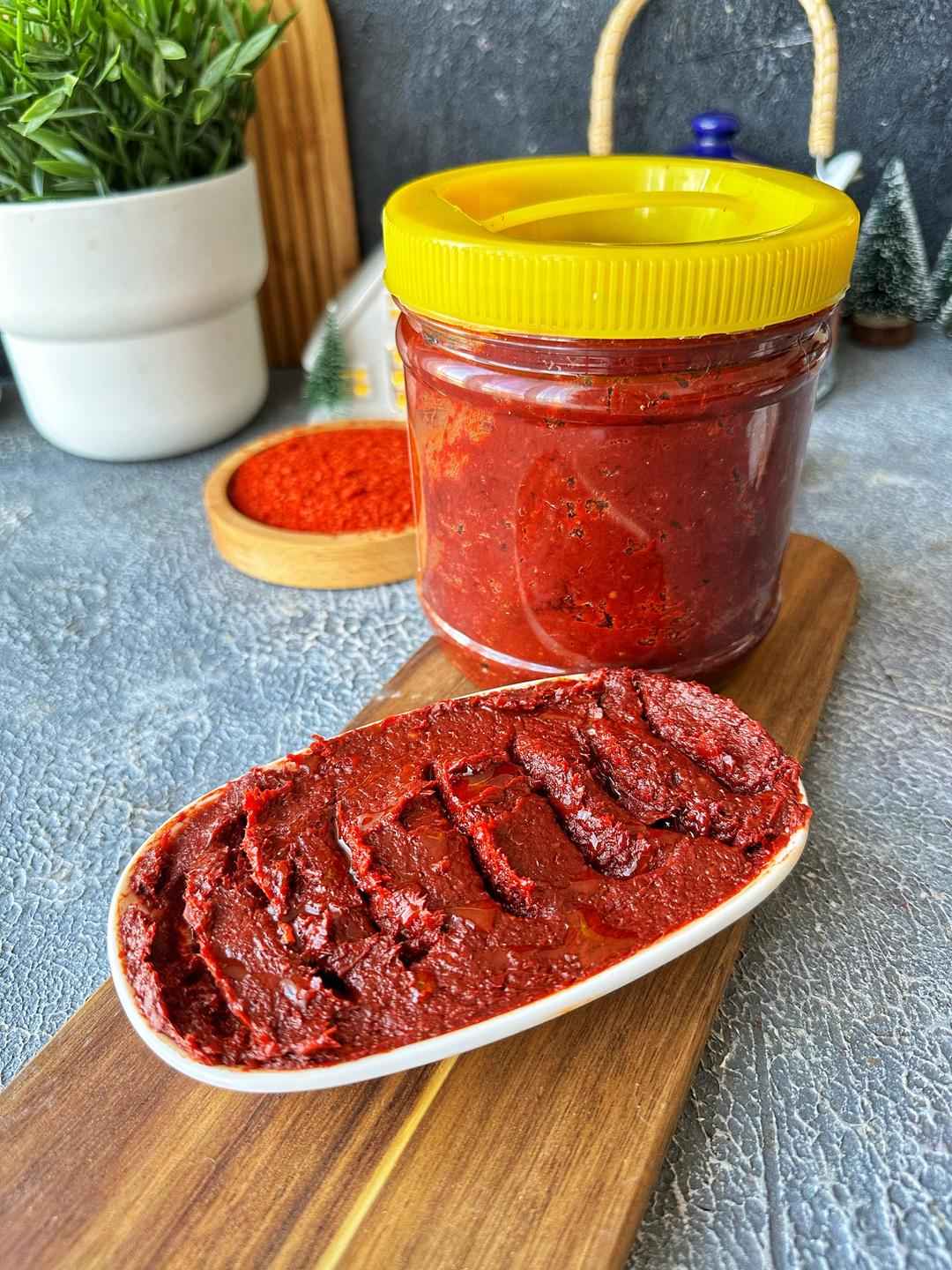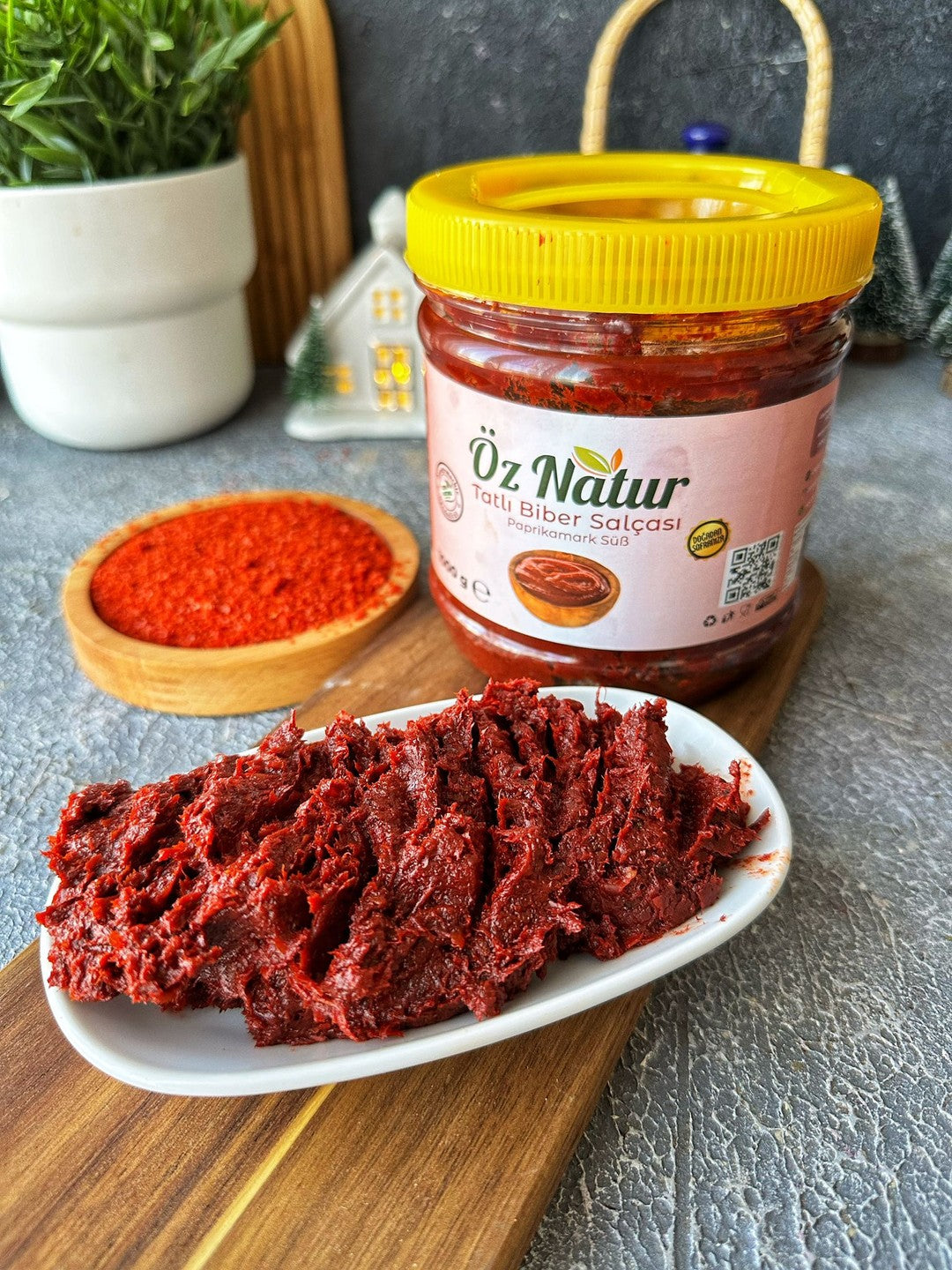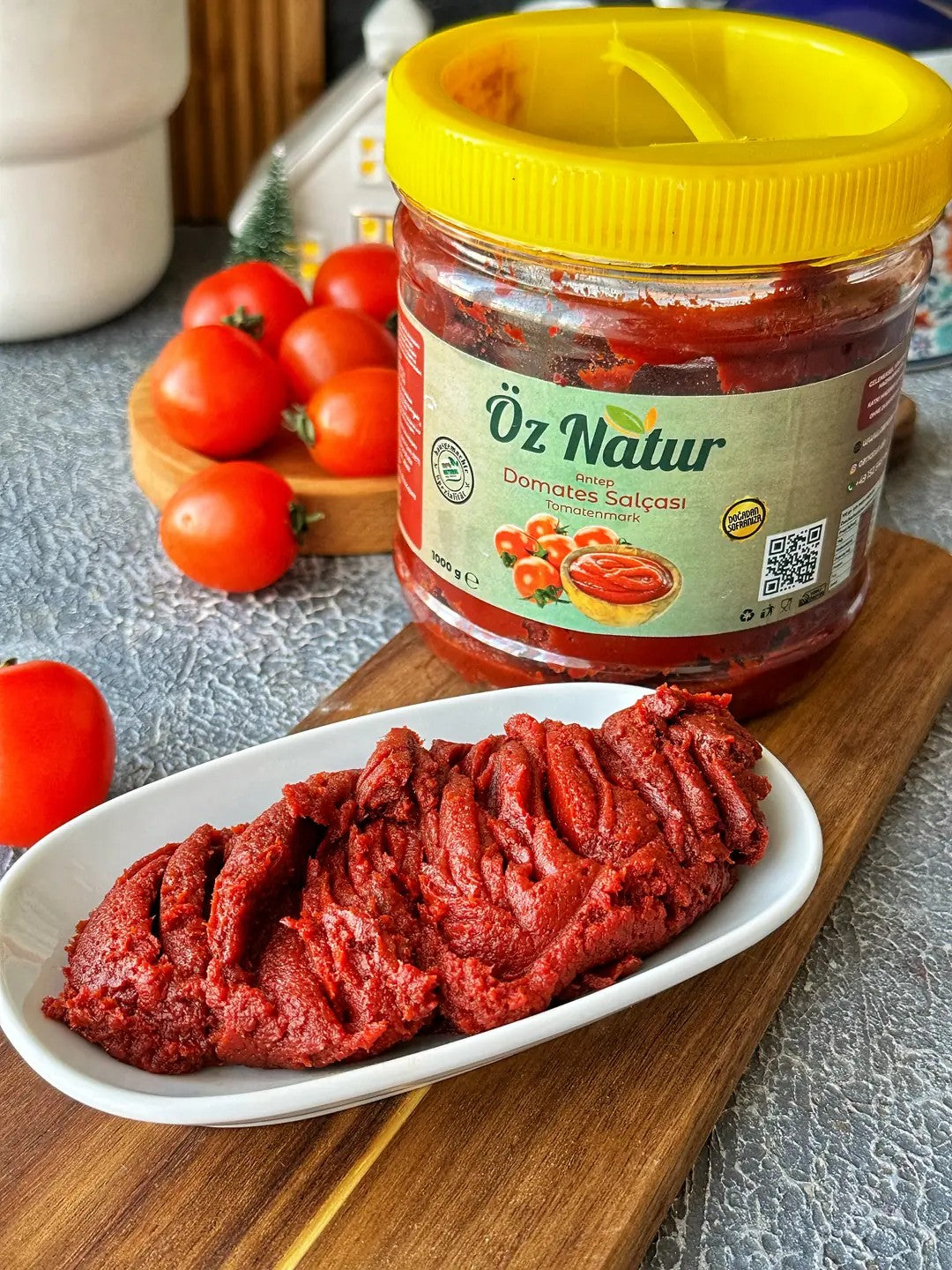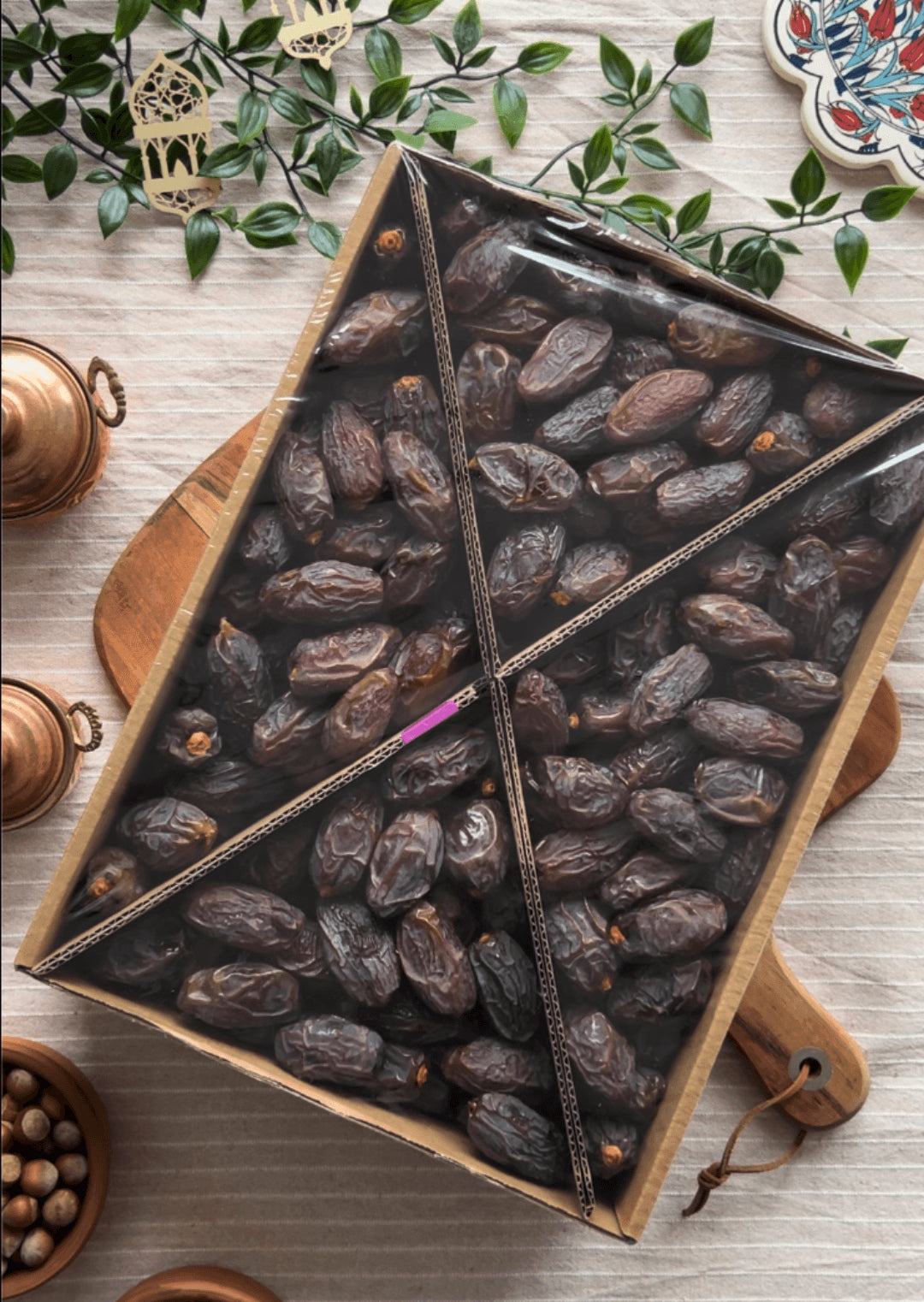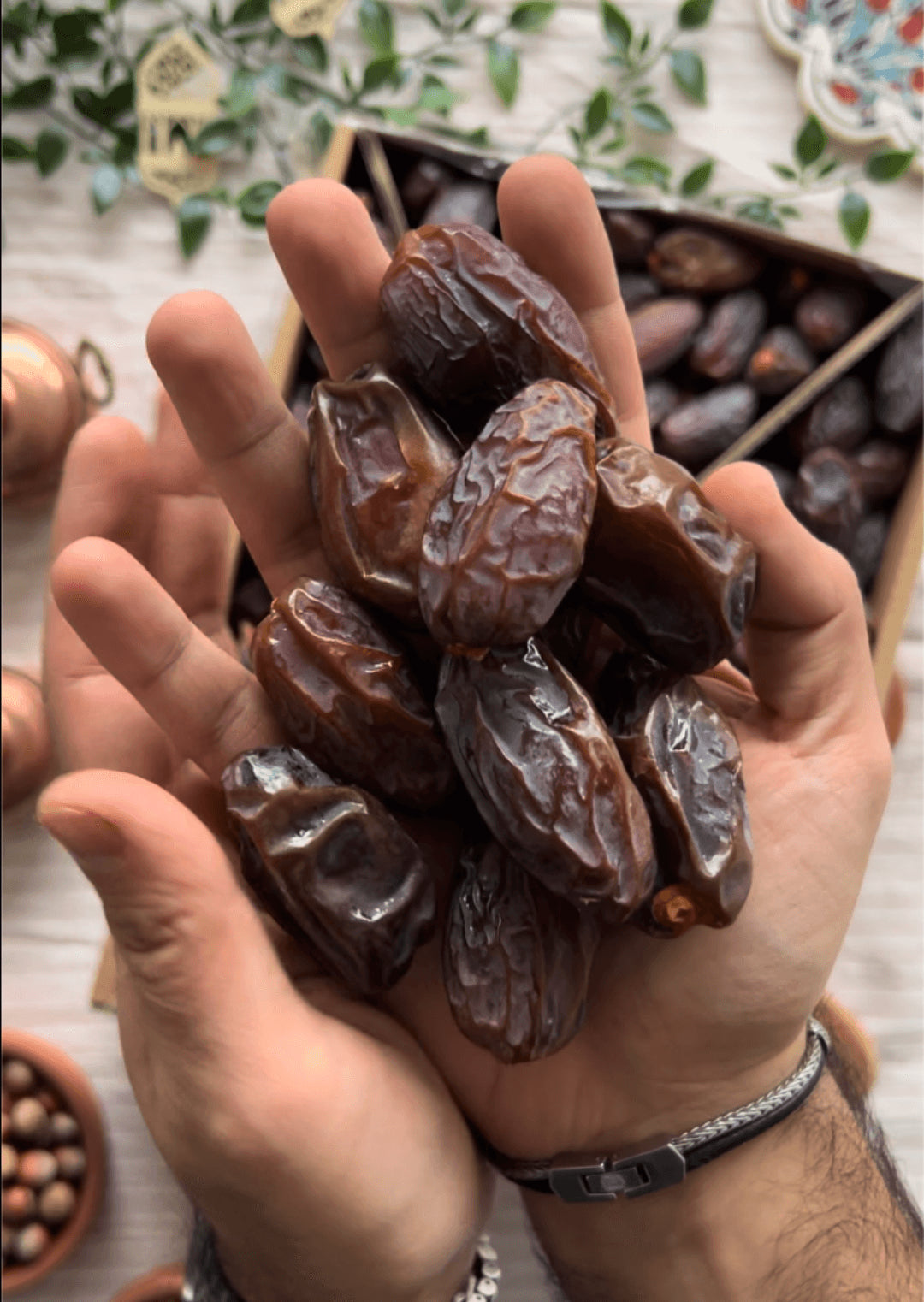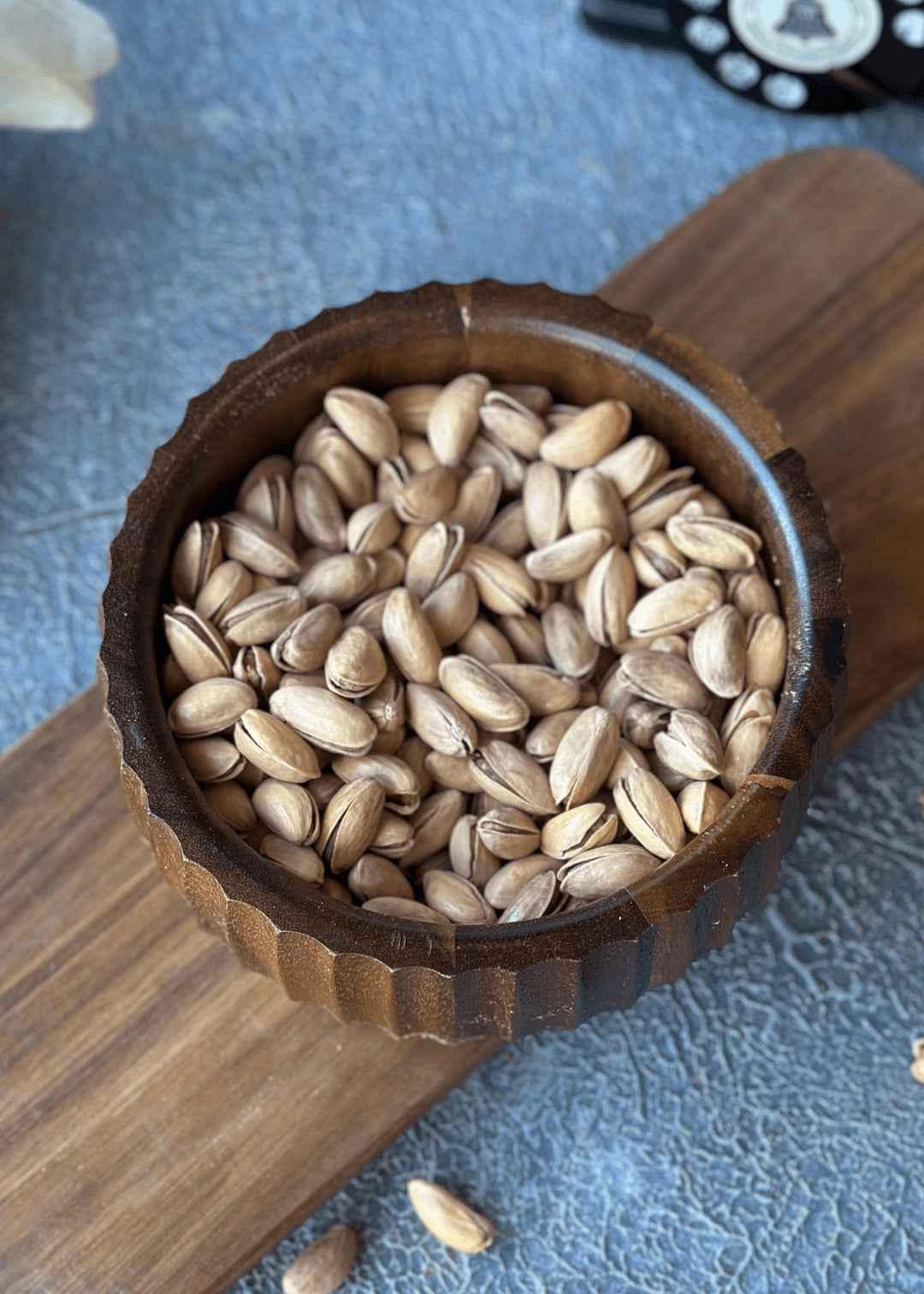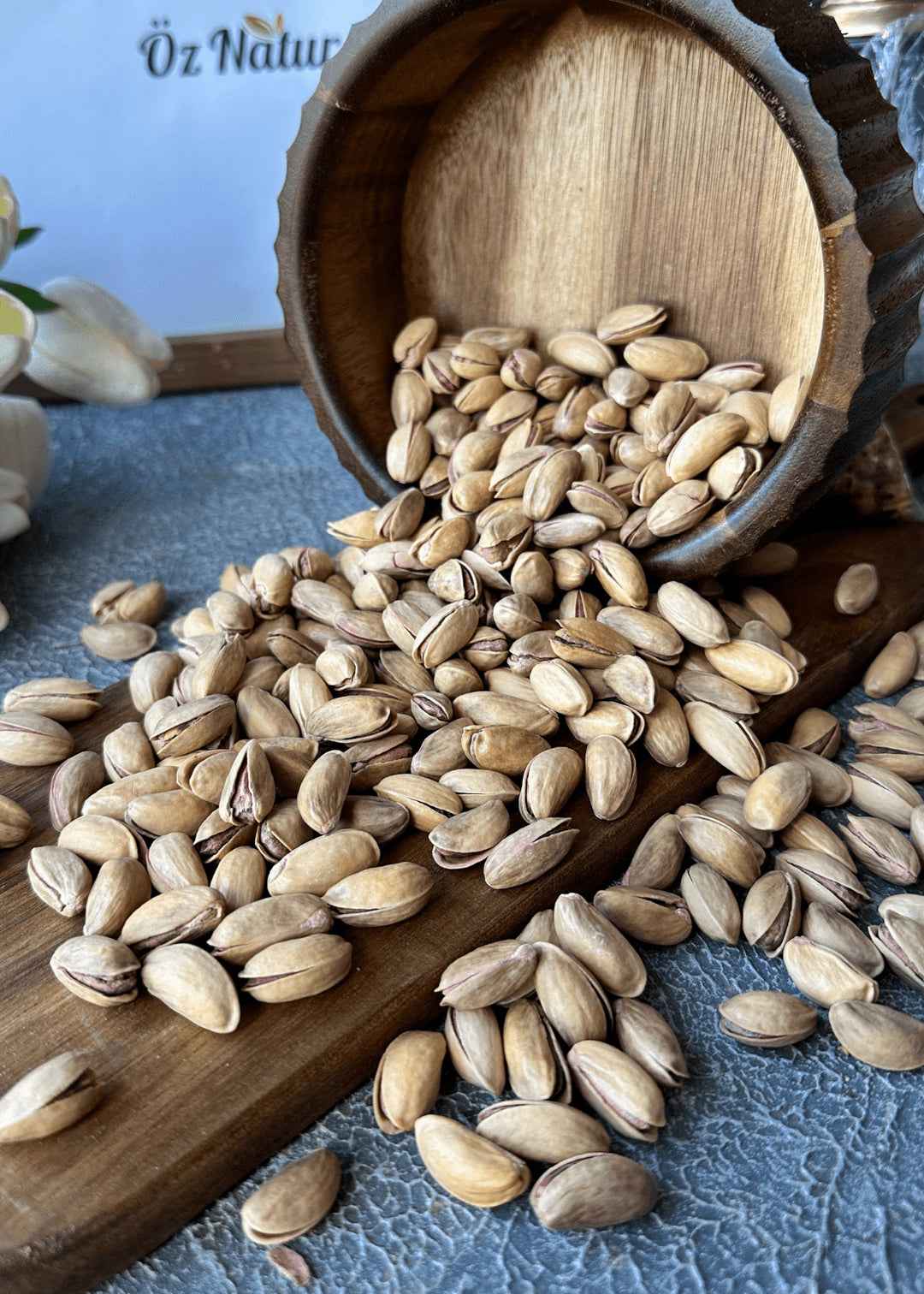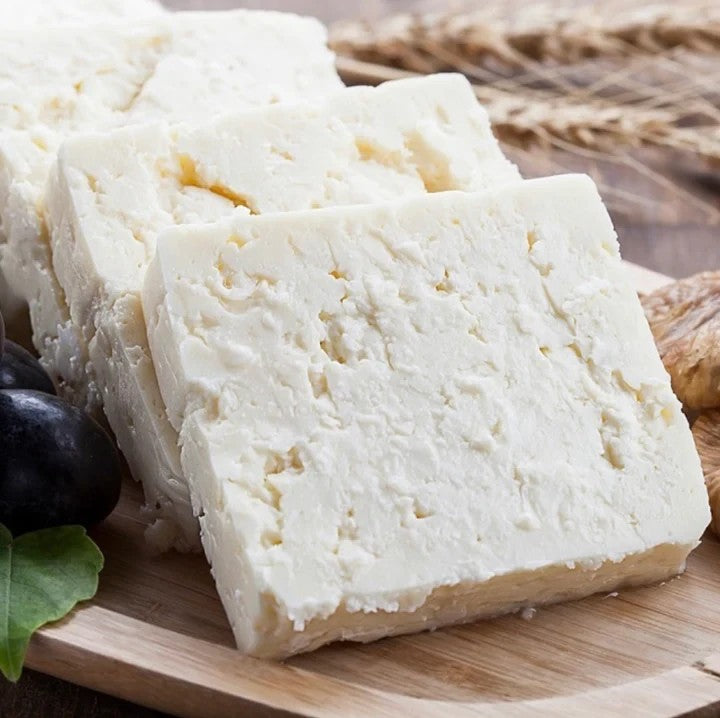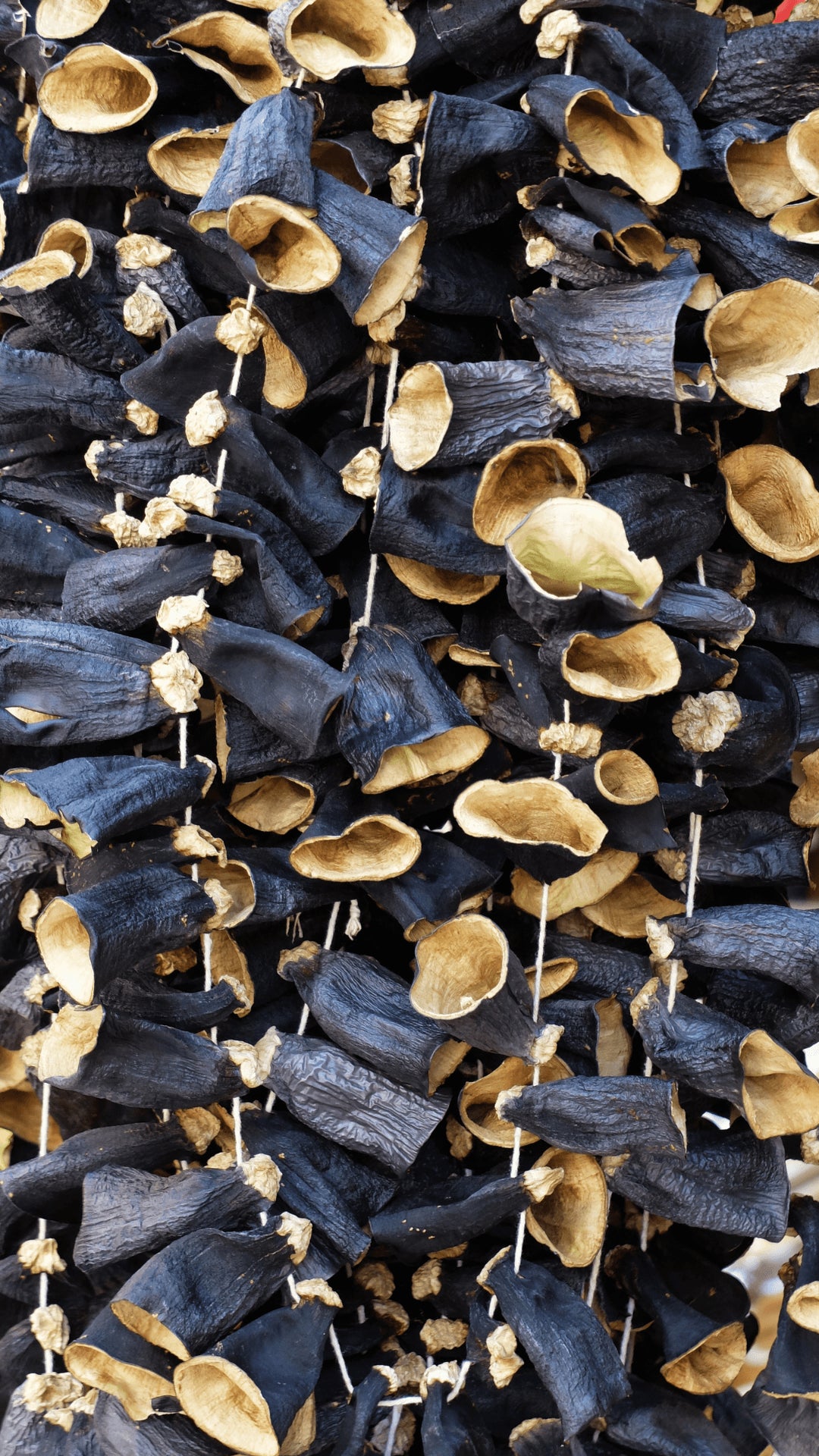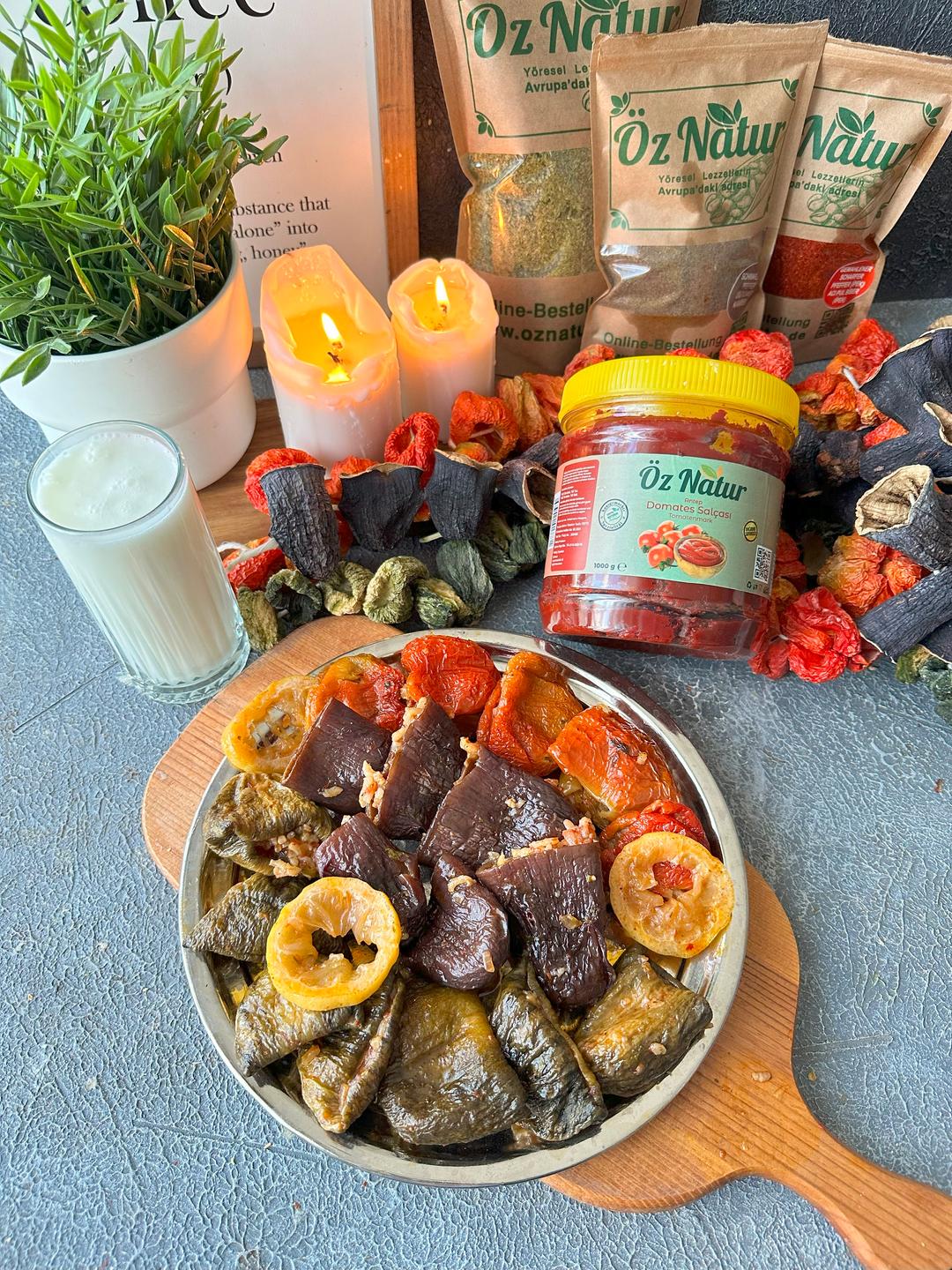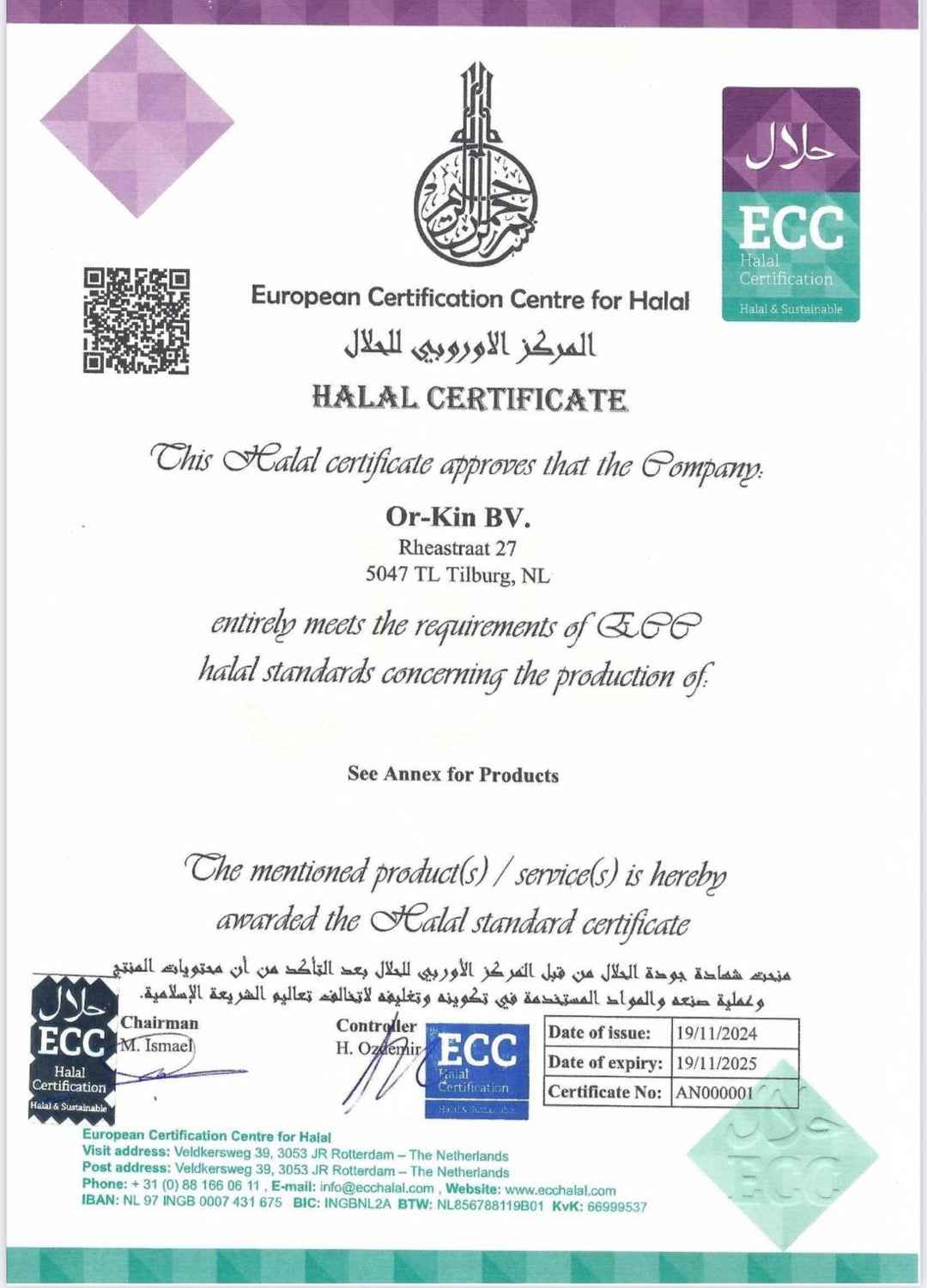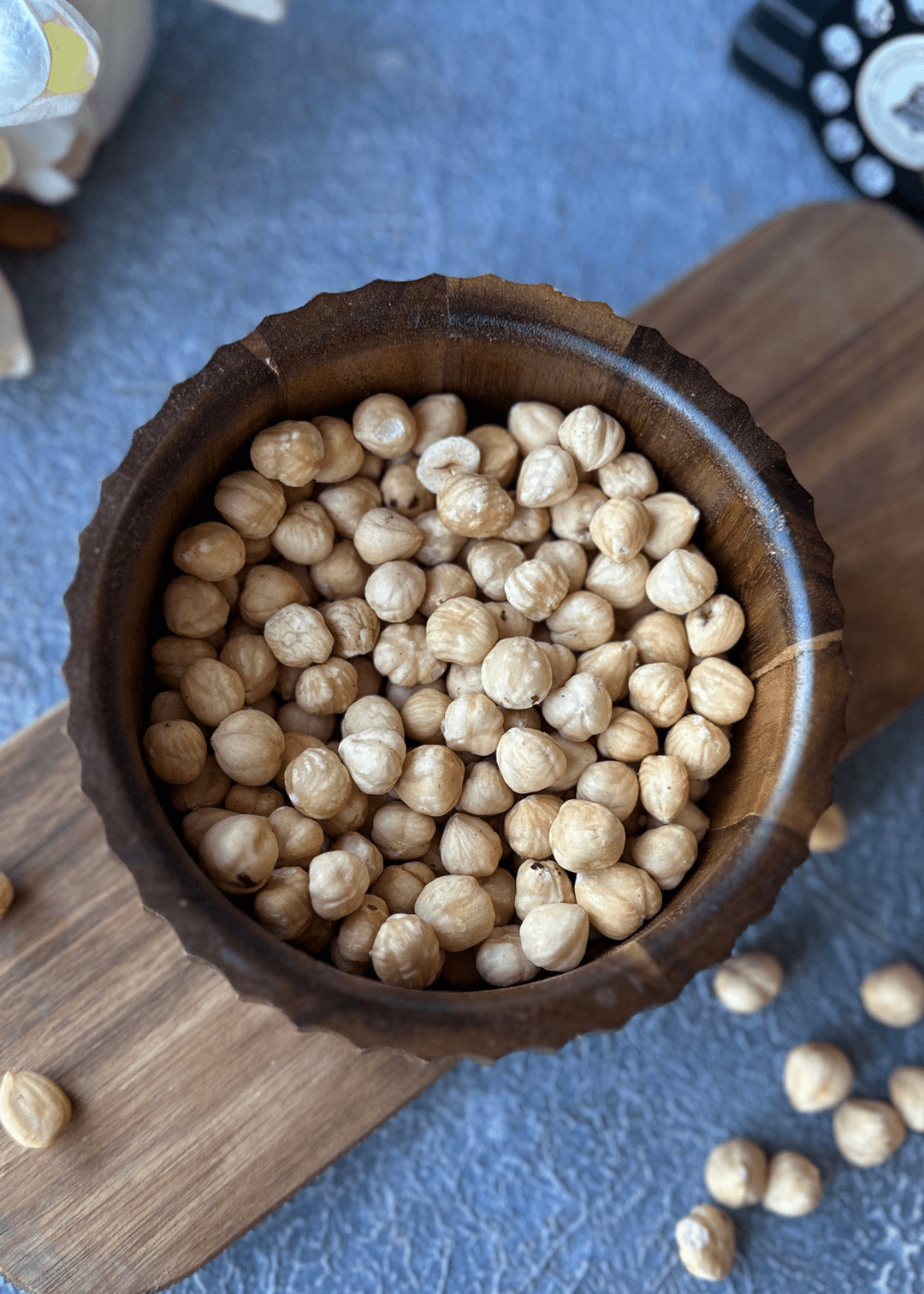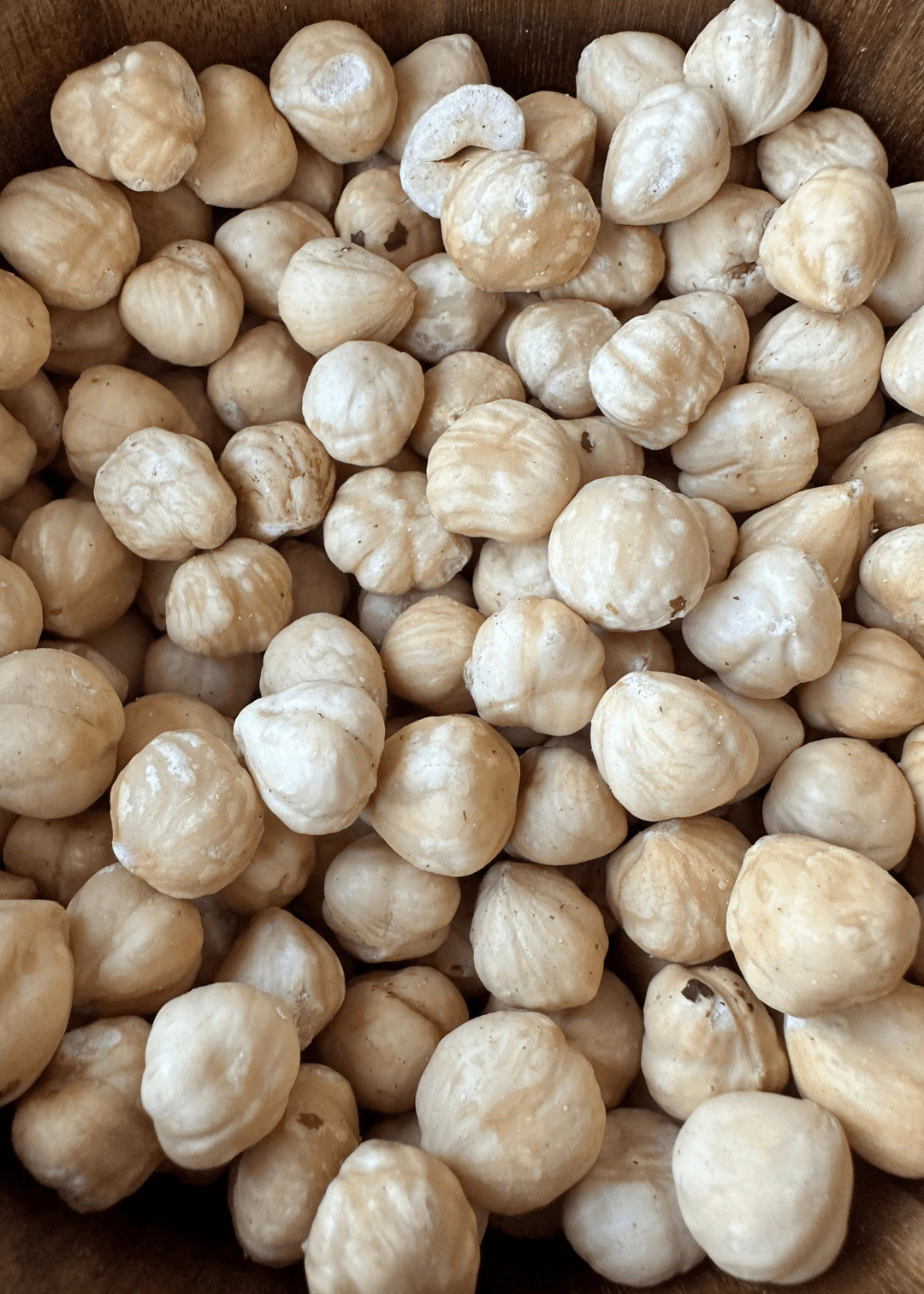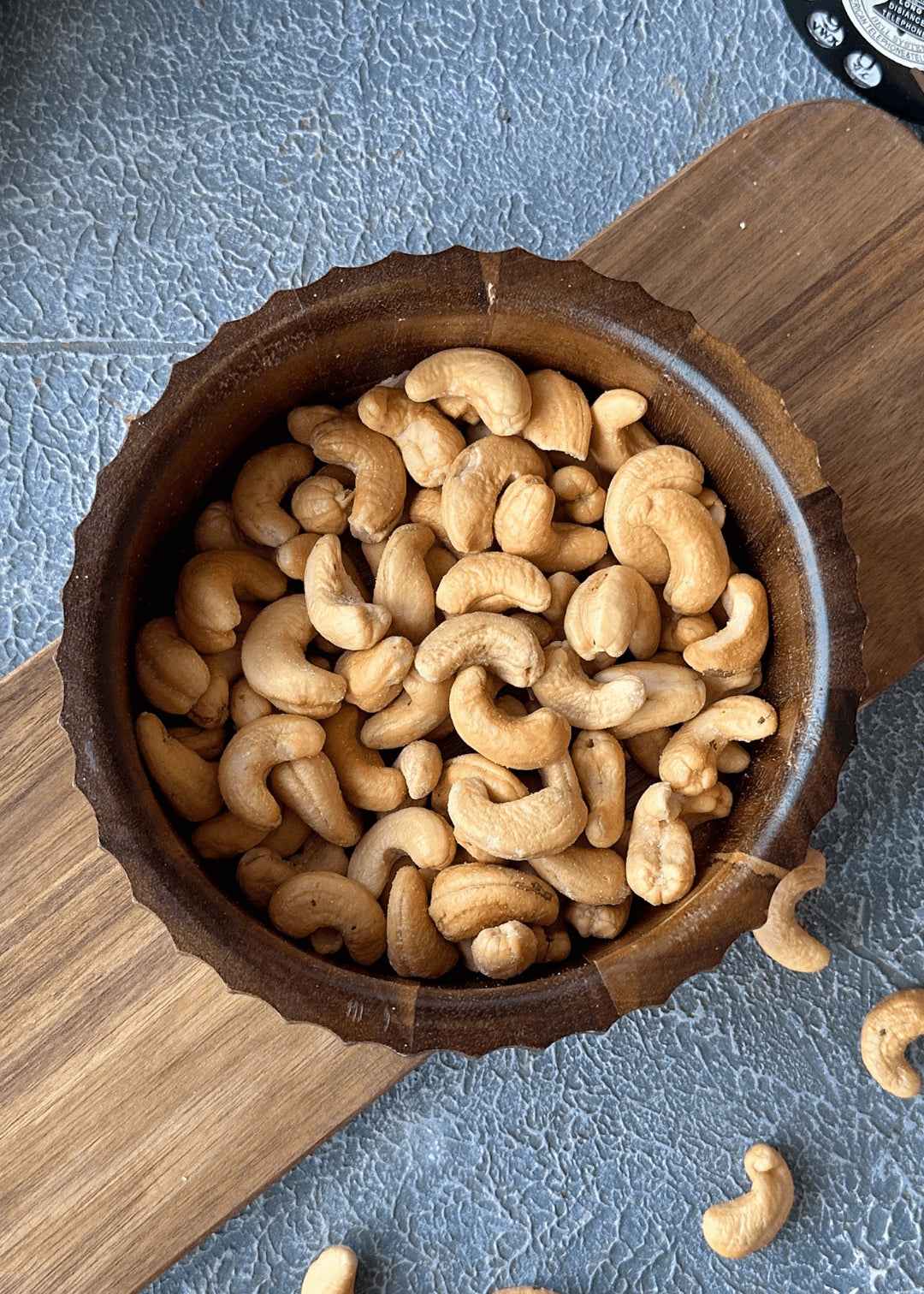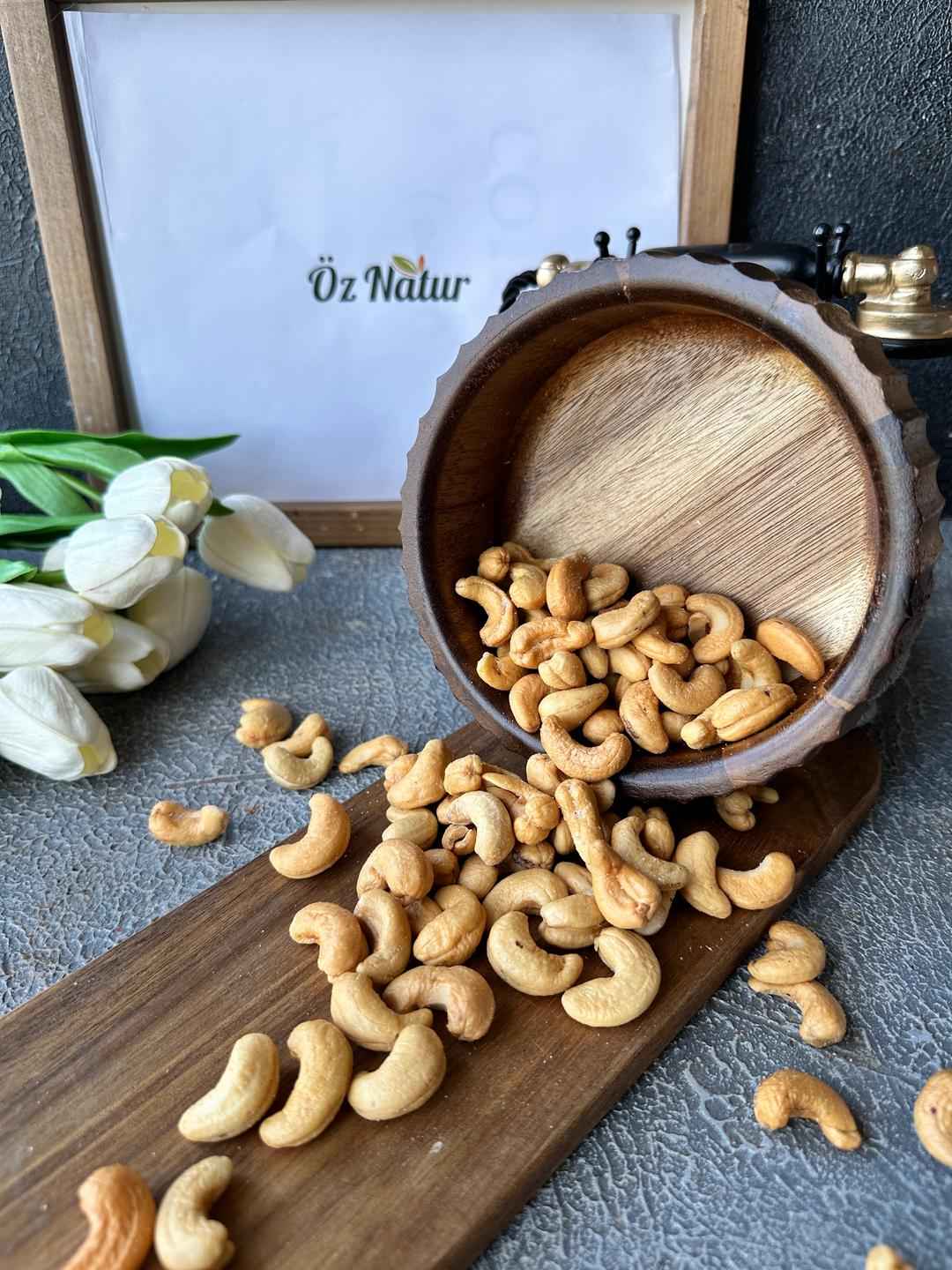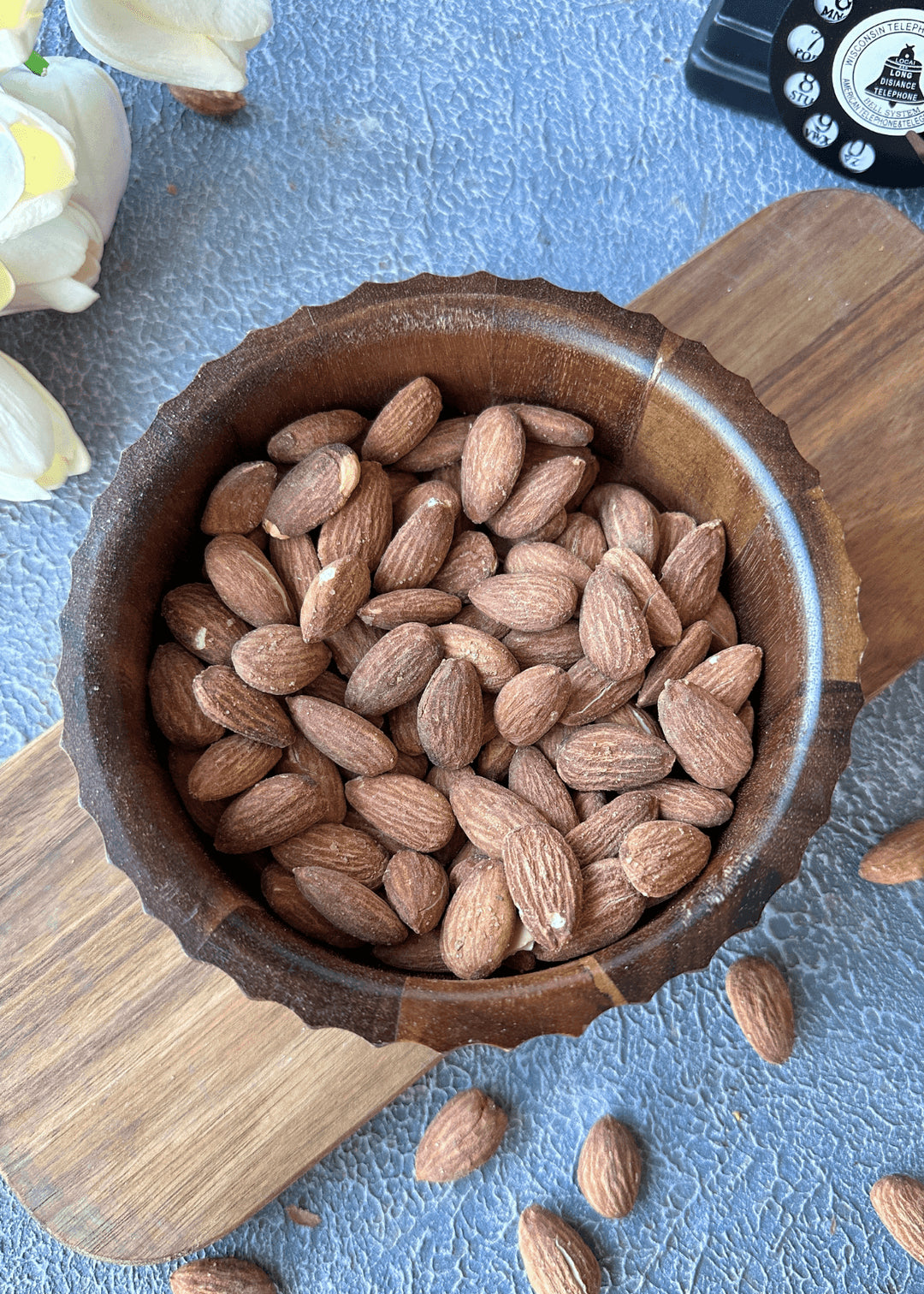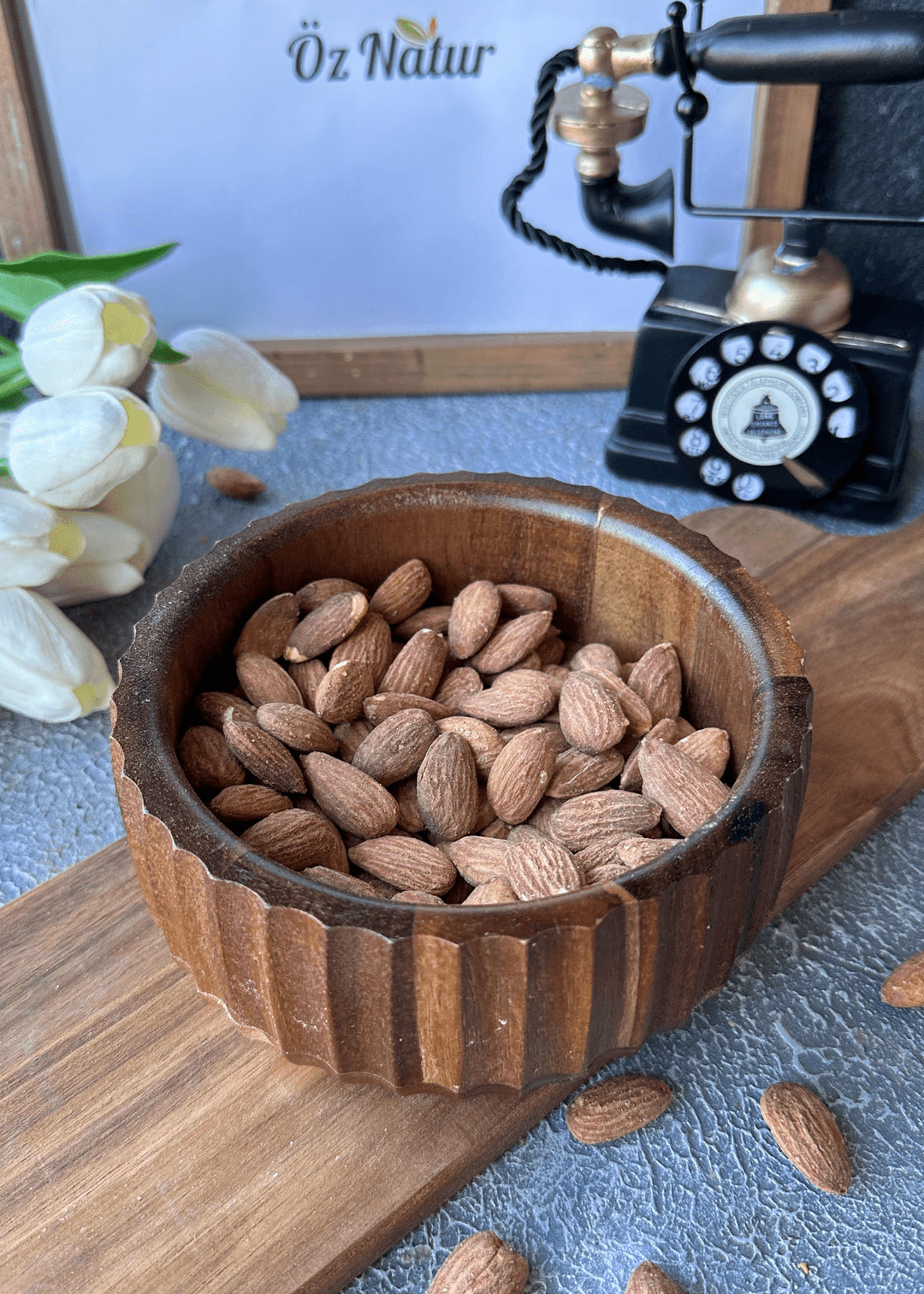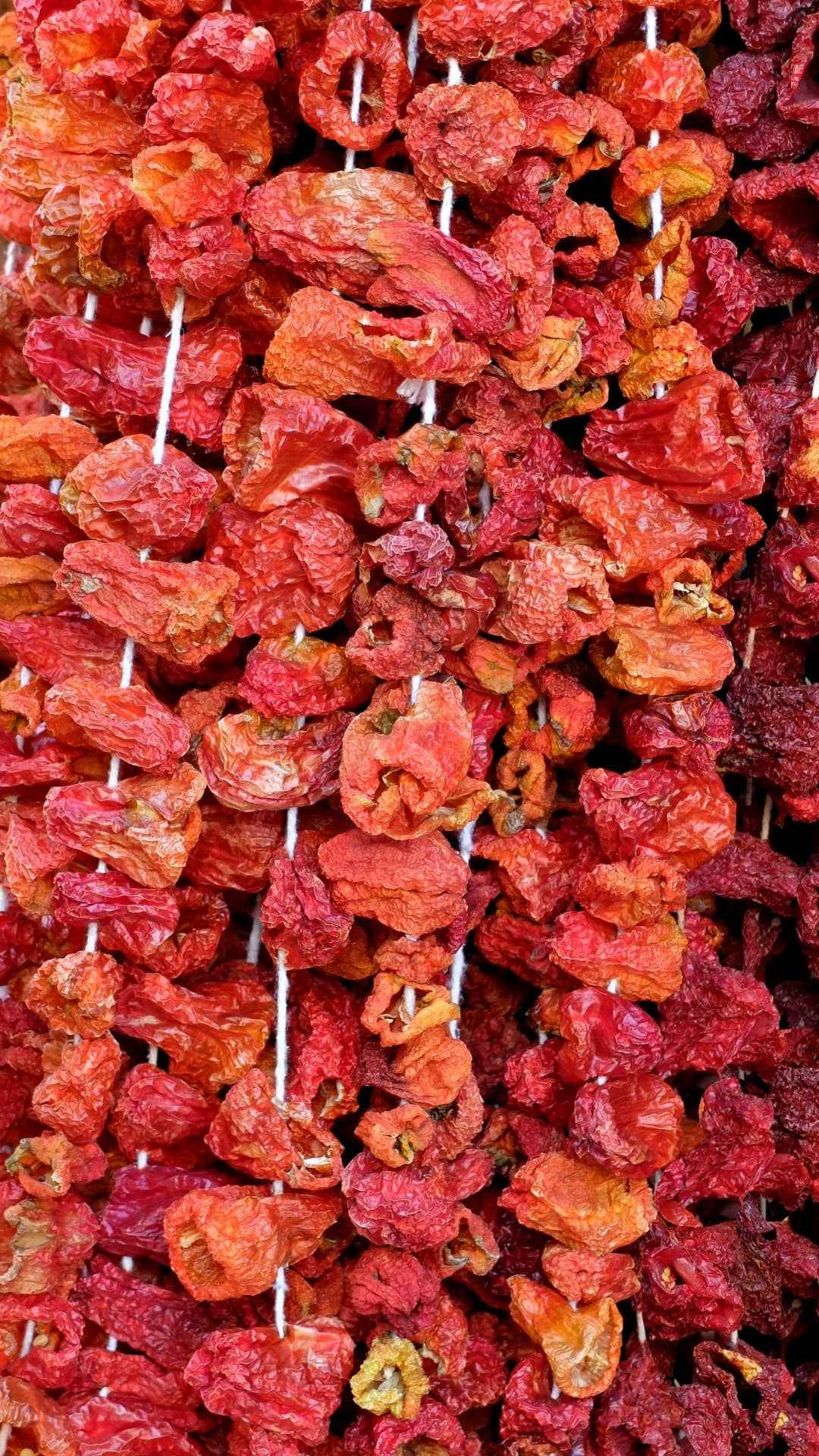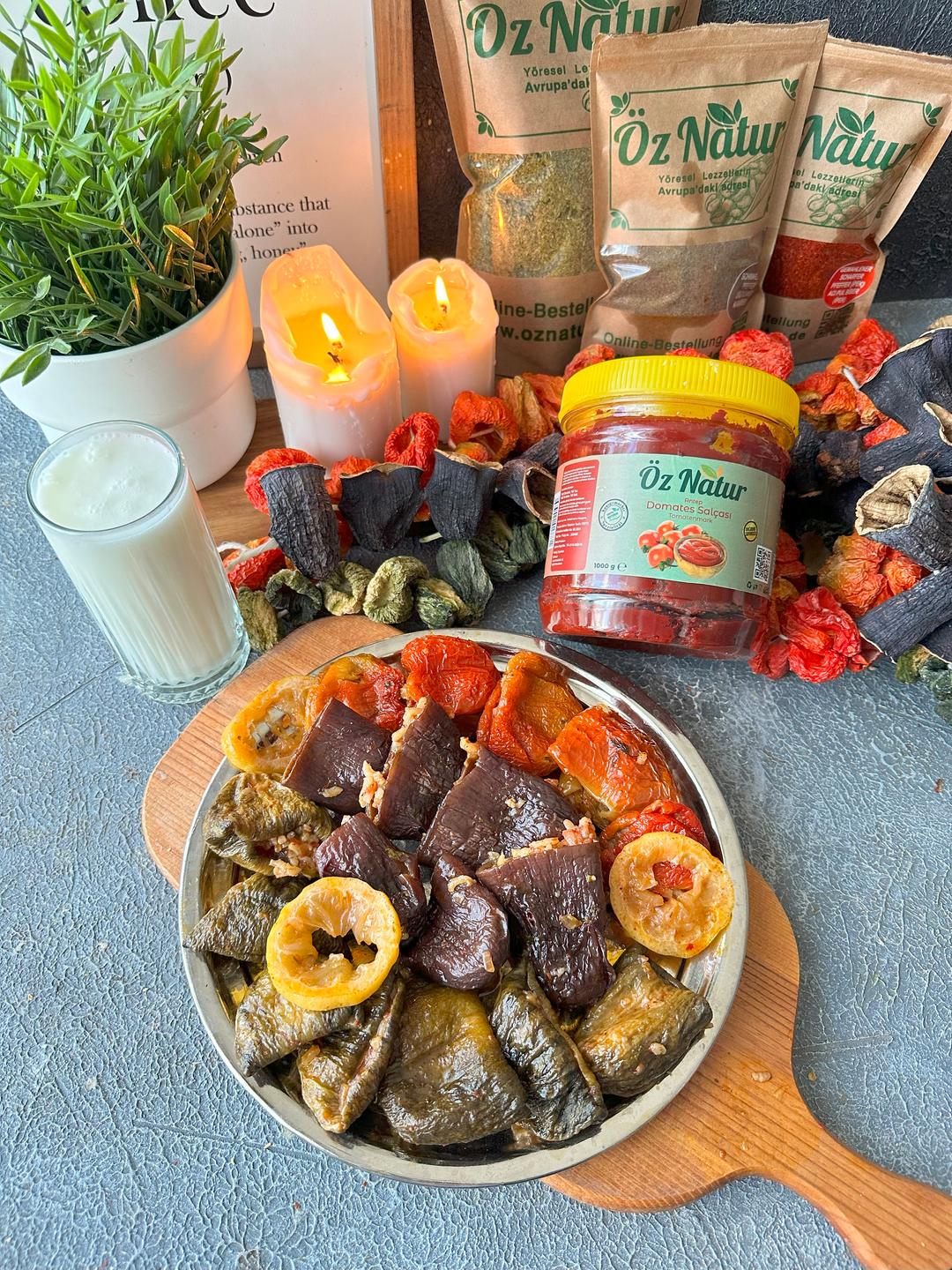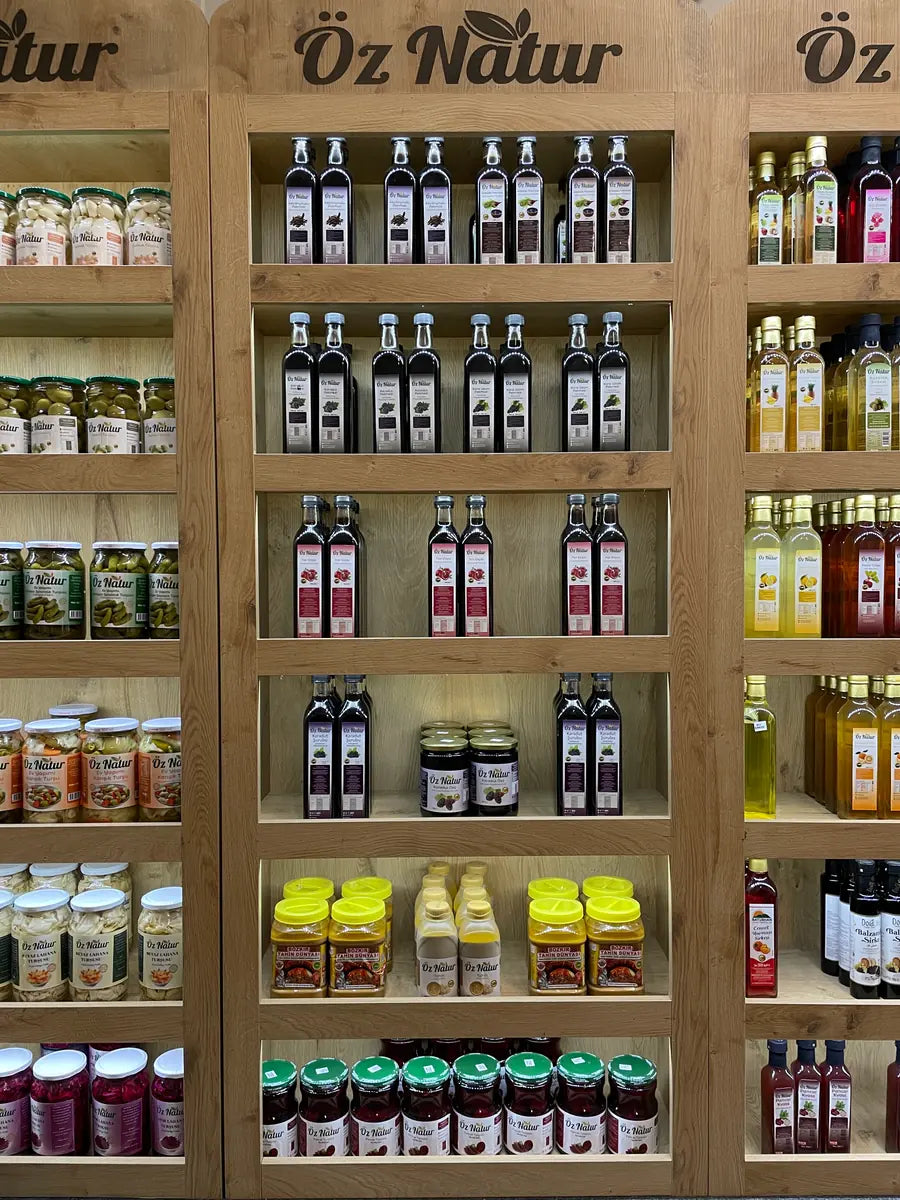The Andız plant is native to the Mediterranean and Central Anatolian regions of Turkey. It is known for its distinctive cones and extract, which are used in various products such as molasses, personal care items, and more. This article explores the common uses of Andız, including non-food applications and general precautions.
What Products Are Made With Andız?
One of the most familiar products made with the Andız plant is “Andız molasses,” a thick syrup prepared by boiling its cones. This dense, aromatic syrup is typically consumed at breakfast, often paired with tahini. It is recognized for its robust texture and characteristic taste.
Andız is also used in personal care items such as soaps, creams, and shampoos. Andız soap, in particular, is valued for its distinct scent and consistency. In some regions, Andız is blended with honey to create locally known lozenges and syrups.
Non-Food Applications of the Andız Plant
Outside of food, Andız extract is commonly used in cosmetics such as balms or soaps. It is favored for its rich texture and earthy scent, which contribute to the overall product profile.
Dried Andız cones may also be used as incense. When burned, they release a natural aroma into the environment. In some regions, Andız is utilized as a plant-based fabric dye, particularly for handmade textiles.
What Should Be Considered When Using Andız?
Andız molasses and similar concentrated products should be used in moderation. Excessive intake may lead to digestive discomfort for some individuals. Starting with a small amount—such as a teaspoon—is generally suggested.
For topical products such as oils or soaps containing Andız, a patch test is recommended before regular use, especially for those with sensitive skin. As with any plant-based product, people who are pregnant, breastfeeding, or considering use for children should consult with a professional before use.


